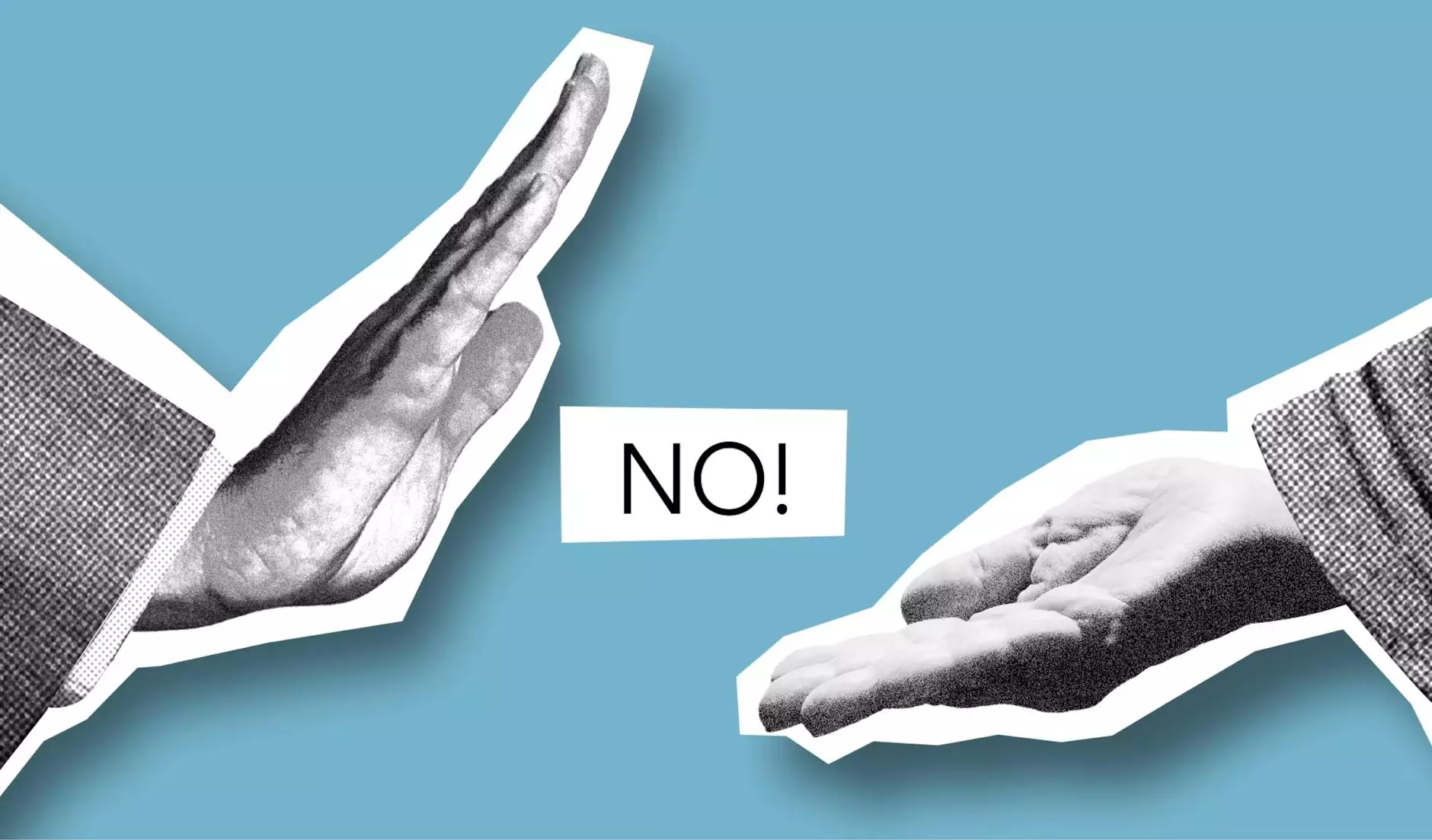How To Deal With Intellectual Property (IP) Rights When Dissolving a Partnership

As a leading provider of court reporting services in the legal industry, Baytowne Reporting understands the importance of effectively dealing with intellectual property (IP) rights when dissolving a partnership. Intellectual property, which includes patents, trademarks, copyrights, and trade secrets, is a valuable asset that needs to be protected and managed carefully during the dissolution of a partnership. In this comprehensive guide, we will provide you with valuable insights and best practices to ensure a smooth transition while protecting your intellectual property rights.
Understanding Intellectual Property Rights
Before delving into the specifics of dealing with intellectual property rights during a partnership dissolution, it is important to have a clear understanding of what intellectual property is and why it is crucial to protect it. Intellectual property refers to original creations of the mind, such as inventions, designs, logos, and written works. These intangible assets provide exclusive rights and protection to the creator or owner of the property.
There are several types of intellectual property rights that need to be considered when dissolving a partnership:
- Patents: Patents protect inventions and grant exclusive rights to the inventor for a limited period of time. If your partnership involves any patented inventions, it is essential to address how ownership and rights will be managed post-dissolution.
- Trademarks: Trademarks protect brands and logos. They serve as identifiers of a particular source of goods or services. When dissolving a partnership, it is important to determine who will retain the rights to the partnership's trademarks and how they will be used moving forward.
- Copyrights: Copyrights protect original works of authorship, including literary, artistic, and musical creations. If your partnership involves any copyrighted materials, it is crucial to determine how ownership and usage rights will be handled during and after the dissolution.
- Trade Secrets: Trade secrets are confidential and valuable information that provides a competitive advantage to a business. Examples of trade secrets include customer lists, manufacturing processes, and formulas. It is vital to establish how trade secrets will be protected and managed to prevent any unauthorized use or disclosure.
Steps to Effectively Deal With Intellectual Property Rights
Now that we have covered the basics of intellectual property and the types of rights involved, let's delve into the steps you should take to effectively deal with intellectual property rights during a partnership dissolution:
1. Assess the Intellectual Property Portfolio
Begin by conducting a thorough assessment of the partnership's intellectual property portfolio. Identify all patents, trademarks, copyrights, and trade secrets that are part of the partnership. This will help you gain a clear understanding of the assets involved and their value.
2. Review Partnership Agreements and Contracts
Review the partnership agreements and contracts that were established at the outset of the partnership. These legal documents may contain provisions regarding intellectual property ownership, usage, and transfer. Analyze the terms and conditions outlined in these agreements, as they will serve as a foundation for resolving any intellectual property disputes.
3. Determine Ownership and Licensing Options
It is crucial to determine the ownership of intellectual property rights and establish licensing options during the partnership dissolution. This may involve negotiations between partners to determine who will retain ownership and how licensing agreements will be structured. Seek legal guidance to ensure all agreements are properly documented and in compliance with relevant laws.
4. Protect Intellectual Property During Transition
While the partnership is being dissolved, take necessary steps to protect the intellectual property assets. This may involve implementing security measures, restricting access to sensitive information, and implementing non-disclosure agreements (NDAs) to prevent unauthorized disclosure or use of trade secrets.
5. Notify Relevant Parties
Inform relevant parties, such as employees, clients, suppliers, and business partners, about the dissolution of the partnership and any changes in intellectual property ownership or licensing rights. Clear communication is essential to avoid any confusion and to ensure a smooth transition for all parties involved.
6. Update Registrations and Licenses
Update any registrations and licenses associated with the partnership's intellectual property. This may involve transferring ownership or updating contact information with the appropriate intellectual property offices or authorities. By keeping these registrations and licenses up to date, you can maintain the protection and enforceability of your intellectual property rights.
7. Seek Legal Guidance
Throughout the entire process of dealing with intellectual property rights during a partnership dissolution, it is advisable to seek legal guidance from experienced professionals specializing in intellectual property law. They can provide valuable advice, draft necessary legal documents, and ensure compliance with relevant laws and regulations.
Conclusion
In conclusion, effectively dealing with intellectual property rights when dissolving a partnership is crucial for protecting your valuable assets. By understanding the basics of intellectual property, assessing your portfolio, reviewing partnership agreements, determining ownership and licensing options, protecting your intellectual property during the transition, notifying relevant parties, updating registrations and licenses, and seeking legal guidance, you can navigate this complex process confidently and ensure the proper management of your intellectual property assets.
At Baytowne Reporting, we possess extensive knowledge and experience in the legal industry, including intellectual property matters. Our team is committed to providing exceptional court reporting services and assisting our clients in all aspects of their legal needs.
For more information about how we can help you with intellectual property rights during a partnership dissolution, please contact us today.










